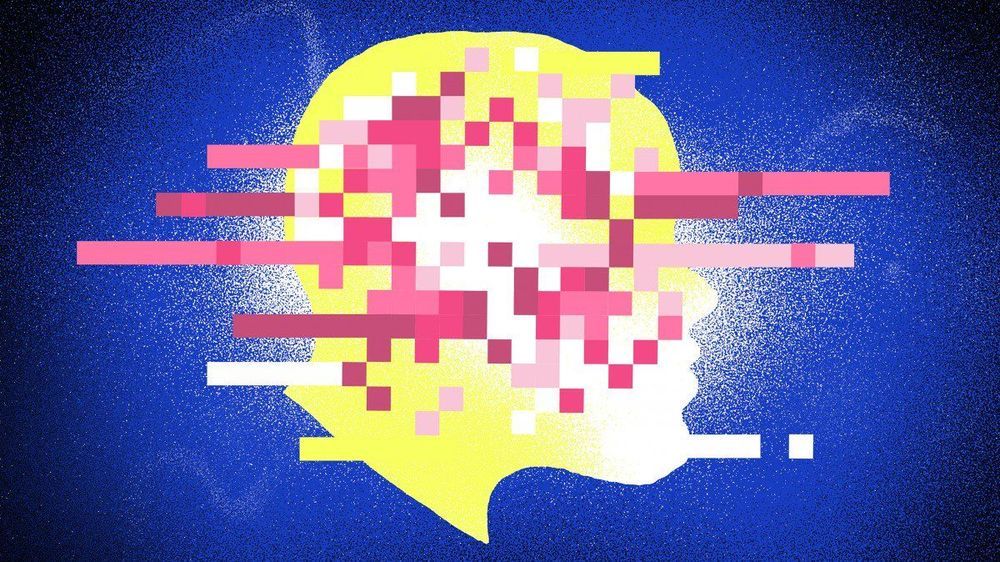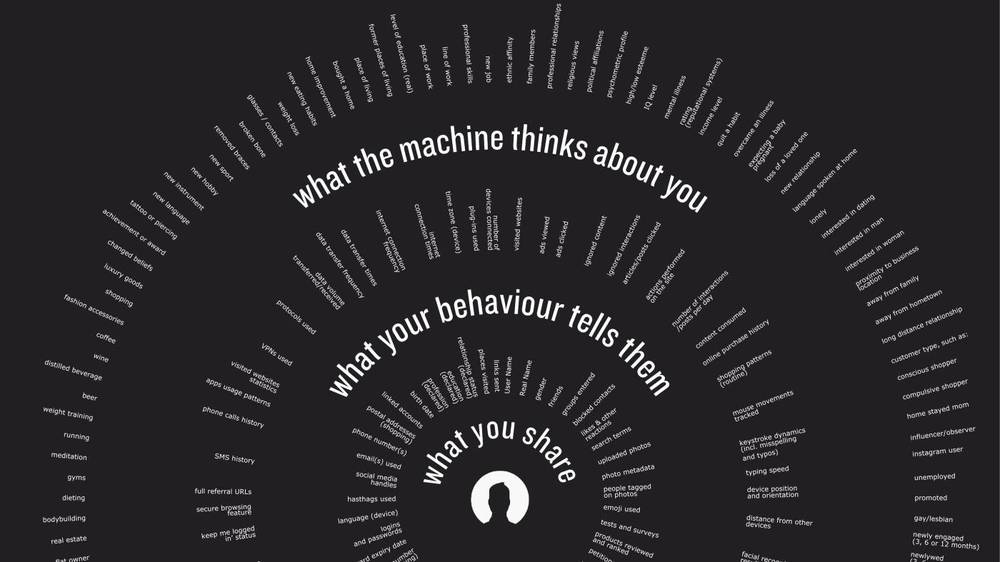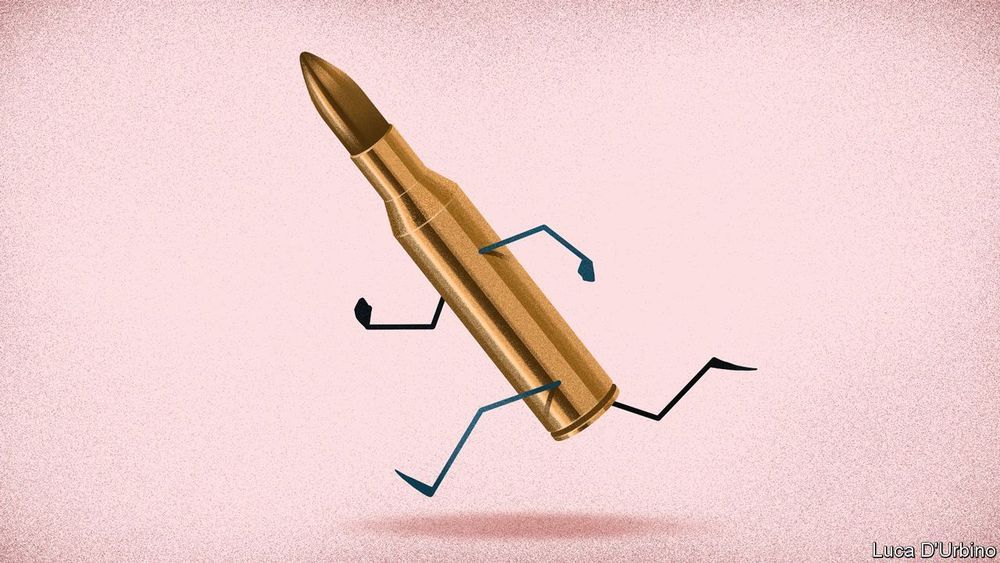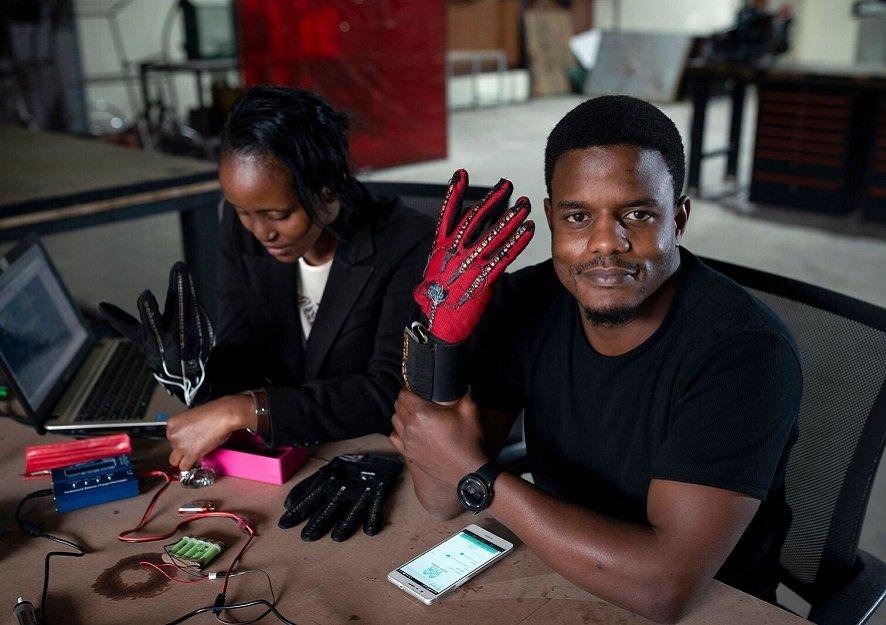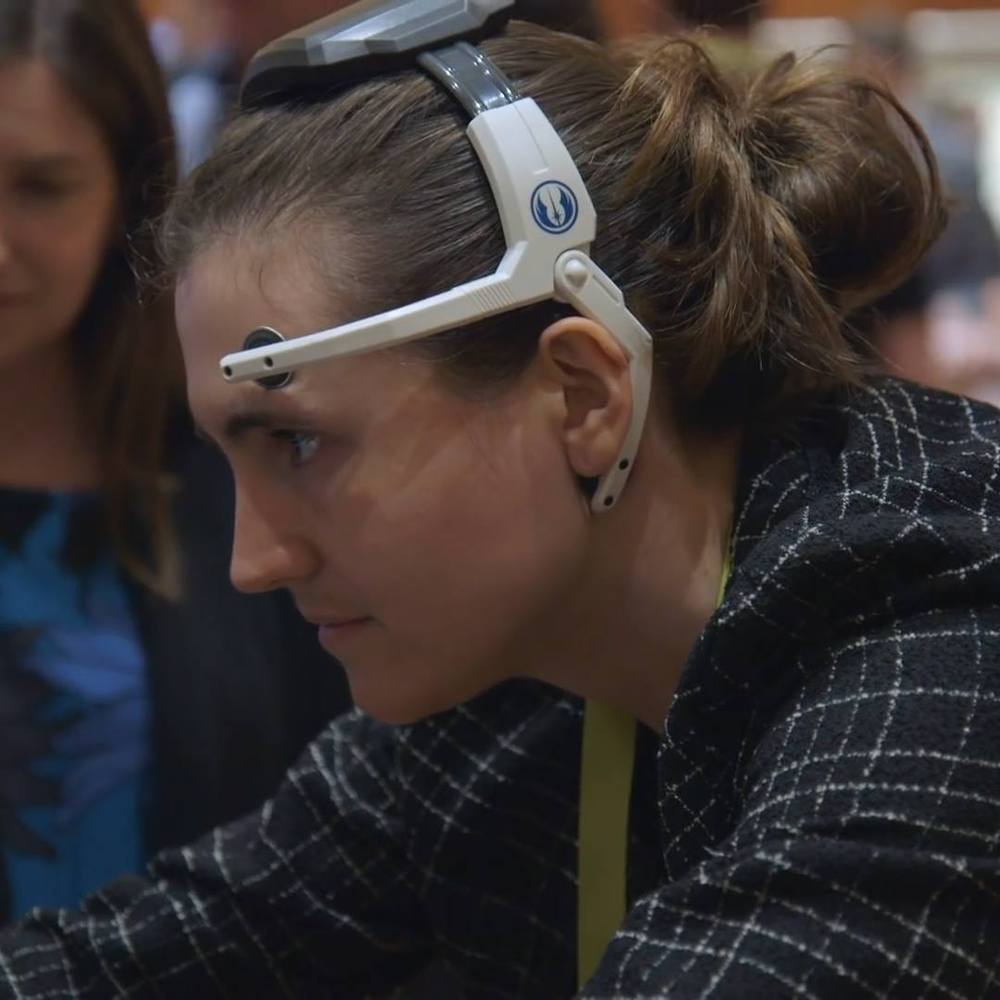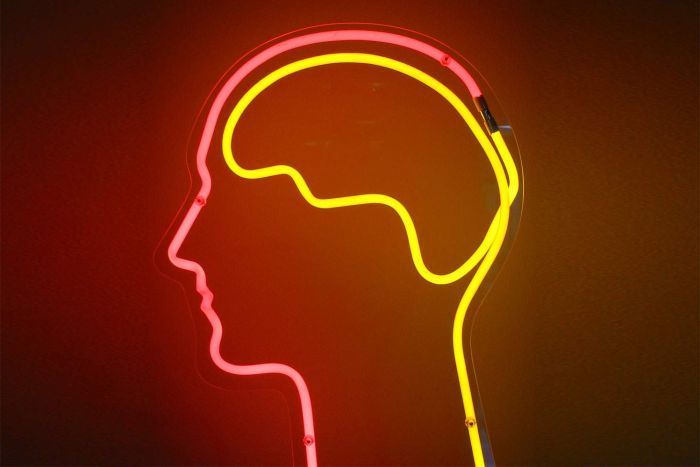Page 8173
Jan 28, 2019
We analyzed 16,625 papers to figure out where AI is headed next
Posted by James Christian Smith in categories: education, health, information science, robotics/AI
Almost everything you hear about artificial intelligence today is thanks to deep learning. This category of algorithms works by using statistics to find patterns in data, and it has proved immensely powerful in mimicking human skills such as our ability to see and hear. To a very narrow extent, it can even emulate our ability to reason. These capabilities power Google’s search, Facebook’s news feed, and Netflix’s recommendation engine—and are transforming industries like health care and education.
Our study of 25 years of artificial-intelligence research suggests the era of deep learning is coming to an end.
Jan 28, 2019
Researchers Find A Web Of Factors Behind Multiple Sclerosis
Posted by Genevieve Klien in categories: health, neuroscience
Multiple Sclerosis: A Misguided Immune Attack On Myelin : Shots — Health News It’s looking like MS strikes when a variety of triggers gang up to impair neurons in the brain and spinal cord. Researchers are using their new knowledge to search for treatments.
Jan 28, 2019
Your digital identity has three layers, and you can only protect one of them
Posted by Genevieve Klien in category: entertainment
Your online profile is less a reflection of you than a caricature.
Whether you like it or not, commercial and public actors tend to trust the string of 1s and 0s that represent you more than the story you tell them. When filing a credit application at a bank or being recruited for a job, your social network, credit-card history, and postal address can be viewed as immutable facts more credible than your opinion.
But your online profile is not always built on facts. It is shaped by technology companies and advertisers who make key decisions based on their interpretation of seemingly benign data points: what movies you choose to watch, the time of day you tweet, or how long you take to click on a cat video.
Continue reading “Your digital identity has three layers, and you can only protect one of them” »
The world has not entered the age of the killer robot, at least not yet. Today’s autonomous weapons are mostly static systems to shoot down incoming threats in self-defence, or missiles fired into narrowly defined areas. Almost all still have humans “in the loop” (eg, remotely pulling the trigger for a drone strike) or “on the loop” (ie, able to oversee and countermand an action). But tomorrow’s weapons will be able to travel farther from their human operators, move from one place to another and attack a wider range of targets with humans “out of the loop” (see article). Will they make war even more horrible? Will they threaten civilisation itself? It is time for states to think harder about how to control them.
A good approach is a Franco-German proposal that countries should share more information on how they assess new weapons; allow others to observe demonstrations of new systems; and agree on a code of conduct for their development and use. This will not end the horrors of war, or even halt autonomous weapons. But it is a realistic and sensible way forward. As weapons get cleverer, humans must keep up.
Jan 27, 2019
Meet The Kenyan Engineer Who Created Gloves That Turn Sign Language Into Audible Speech
Posted by Victoria Generao in categories: electronics, mobile phones
Photo: Roy Allela
Twenty-five-year-old Kenyan engineer and innovator, Roy Allela, has created a set of gloves that will ultimately allow better communication between those who are deaf and those who are hearing yet may not necessarily know sign language. The Sign-IO gloves in essence translate signed hand movements into audible speech.
Allela’s gloves feature sensors located on each finger that detect the positioning of each finger, including how much each finger will bend into a given position. The glove connects via Bluetooth to an Android phone which then will leverage use the text-to-speech function to provide translated speech to the hand gestures of a person signing.
Jan 27, 2019
Go Boldly — Future of Medicine
Posted by Shailesh Prasad in categories: biotech/medical, futurism
Jan 27, 2019
MIT Has Invented Slightly Eerie Lasers That Transmit Whispers Only You Can Hear
Posted by Shailesh Prasad in category: military
New technology being developed by the MIT’s Lincoln Laboratory uses laser light to excite moisture in the air surrounding a target’s ear, causing it to quietly whisper a personal message from several metres away.
“Our system can be used from some distance away to beam information directly to someone’s ear,” says MIT team leader and physicist Charles M. Wynn.
You probably don’t need us to count off potential applications for such a device, which range from military applications to targeted advertising.
Continue reading “MIT Has Invented Slightly Eerie Lasers That Transmit Whispers Only You Can Hear” »
Jan 27, 2019
Cambridge University releases a brain-training app that improves concentration akin to Ritalin
Posted by Shailesh Prasad in categories: entertainment, neuroscience
Decoder, developed in collaboration with a games developer, gets users to assume the role of an intelligence officer tasked with breaking up global criminal gangs (users are able to select a character and their backstory).
To meet the objective, users have to identify different combinations of number strings in missions littered with distraction.
Winning each mission means users unlock letters of the next criminal location (the higher the score, the more letters revealed).

